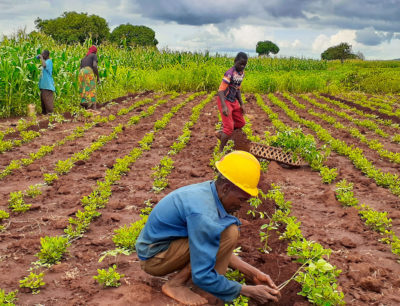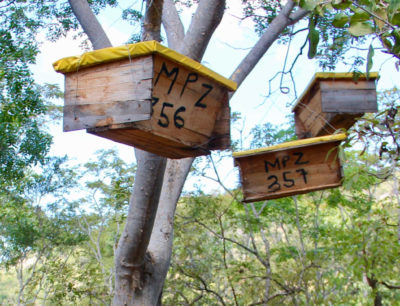Counting the costs, delivering the benefits, restoring the land
Like most people, small-scale farmers respond to markets that offer the best price and typically follow the practices th

Like most people, small-scale farmers respond to markets that offer the best price and typically follow the practices th

I don’t believe she had ever planted a tree before. Though I can’t remember her name, I will never forget t
With a determined staff and deep convictions, COMACO is now launching a new business model that links our farmers direct